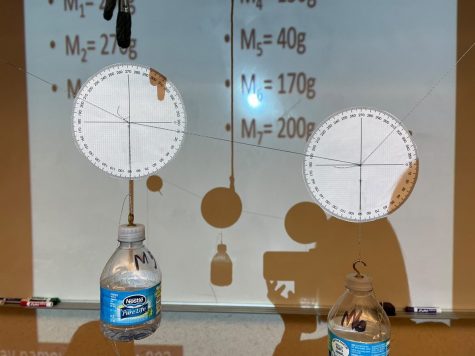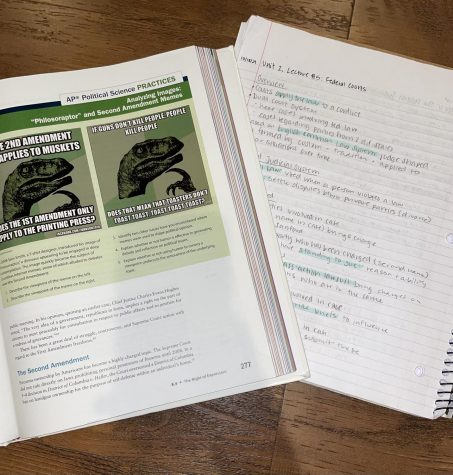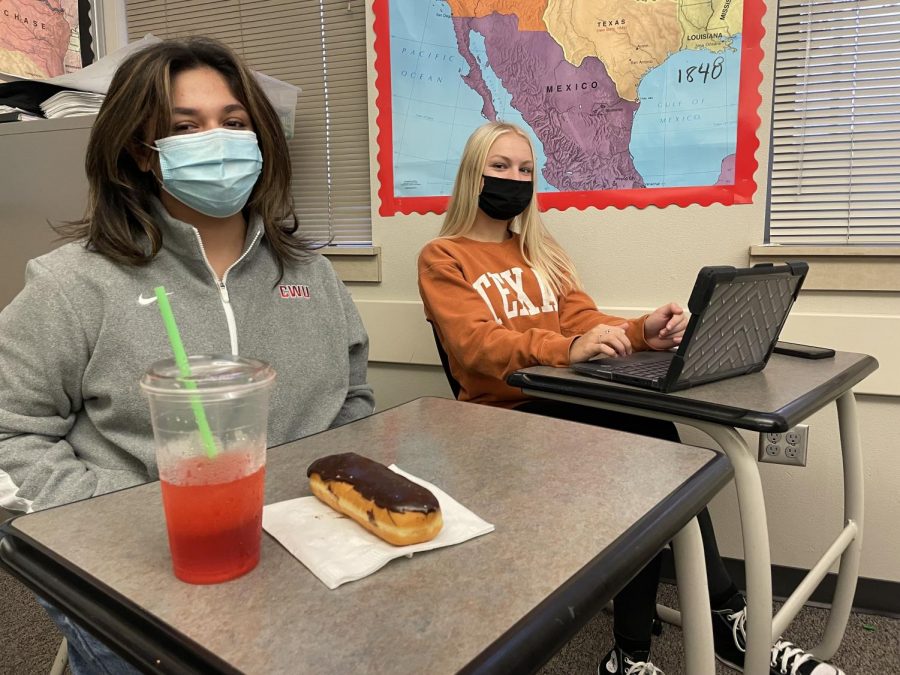Decreased AP Enrollment at CHS
November 16, 2021
A popular belief at Camas High School (CHS) is that overall Advanced Placement (AP) enrollment is decreasing, yet this is simply not the case. Underclassmen continue to sign up for more and more AP classes, while upperclassmen are choosing to take fewer AP classes.
Senior Melodie Chiu took six AP classes last year but reduced her course load with four AP classes this year.
“I was too stressed out last year with all my classes being AP so I decided to slow down this year,” Chiu said.

Teachers also seem to agree with their students about taking fewer AP classes in spite of their mental health. AP Chemistry teacher Kathryn Carmichael said, “I think it’s exhaustion and burnout, especially with the older students, because it doesn’t seem to be an issue in the younger AP classes. I think last year was so exhausting that kids took their mental health into consideration and took less APs.”
Many students follow the notion of taking fewer APs their senior year, claiming that this will allow them to balance the stress of college applications while also enjoying their last year of high school.
Sophomore Heather Wu has taken three AP classes so far. “I’ll probably take more [AP classes] my junior year and then less my senior year,” she said.
Another reason for decreased AP enrollment amongst upperclassmen is due to the multitude of dual enrollment classes offered to them, such as Running Start and College in the High School. In contrast to AP classes, dual enrollment courses are a more definitive way to earn college credit, as they allow students to earn credit by passing the class instead of passing a rigorous three-and-a-half-hour exam.
12th Grade Associate Principal and AP Coordinator Brian Wilde said, “I think we’re seeing a lot more students participate in English 101 and 102 in lieu of AP Language and Composition, or in the University of Washington Chemistry instead of AP Chemistry.”
“This is year eleven [of teaching], and I haven’t had one class of AP Chemistry since my first year. I’ve always had two or three,” Carmichael said.

Along with Carmichael’s AP Chemistry class recommended for juniors, other junior and senior-dominated classes such as AP Comparative Government and AP United States Government and Politics are also seeing drastic decreases.
Even with the upperclassmen, especially the seniors, who still choose to take multiple AP classes, they often decide against taking the AP exam in May for credit because they have already been accepted into colleges, which reduces the importance of their AP scores.
“For this school year, I would say the feeling is that when we get to the end of the year, with the number of exams taken and students who we have recorded, we’re probably going to see less students engaging in AP this year,” Wilde said.
In upcoming years, the staff must decide how many AP classes that are designed for upperclassmen will continue to be offered at CHS. Students can play a large role in this choice by taking the college-level classes that they think will suit their learning style and career interests the best.


































